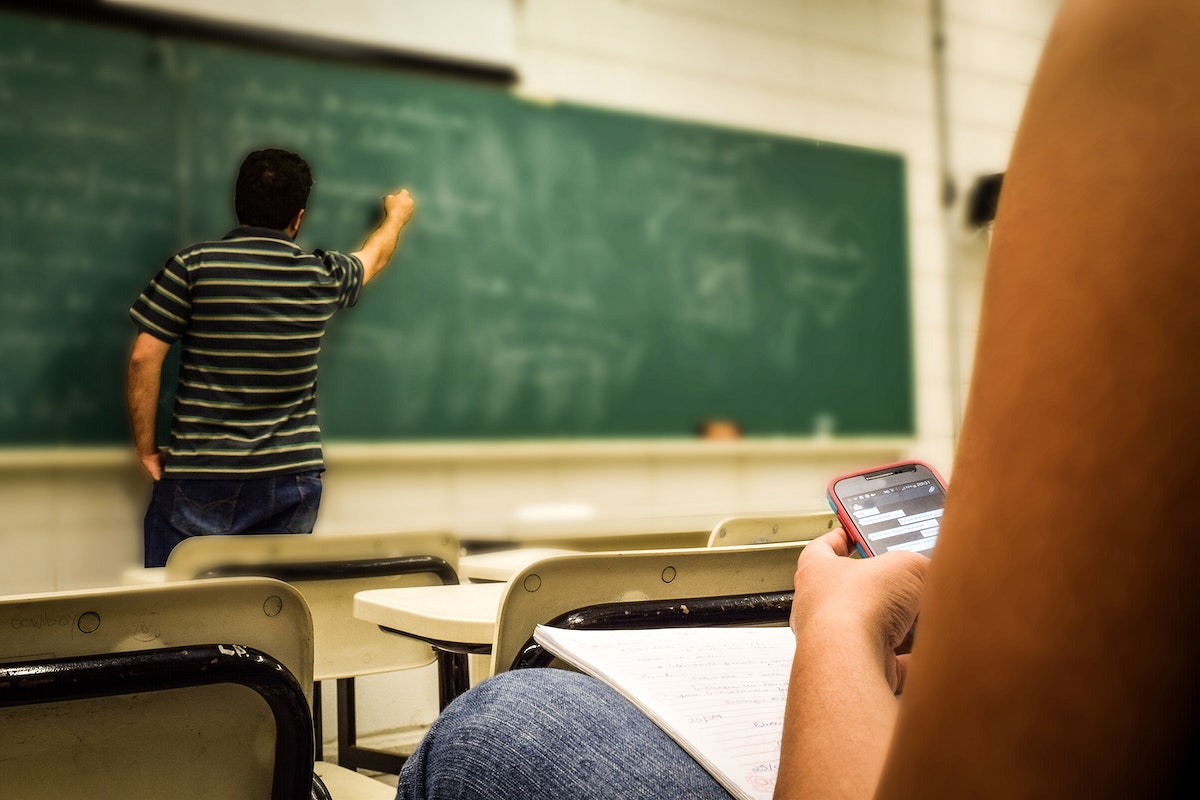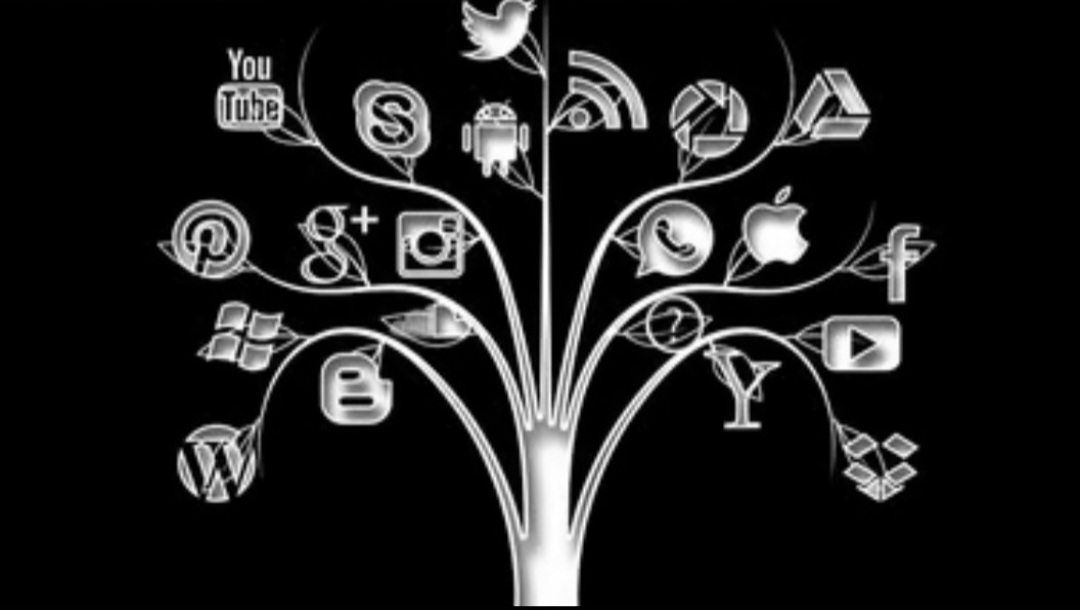To put it bluntly, there’s a myriad of reasons as to why I don’t support this policy. First and foremost, it does actually solve the problem of phone usage and its consequences. If you take away the phone from a teenager who practically cannot live without it, they are just gonna zone out or doze off in class instead. Students use their phones as a method to zone out or doze off, because they don’t want to listen to the lecture. Students’ academic outcomes will not automatically improve by taking away their phone, as they will just do what every previous generation of students did: put their head down, sleep, or daydream.
In the past, teachers had methods of figuring out who was and was not paying attention, and it’s fairly obvious to see when a student is on their phone, especially when the blue light emitted by the iPad is turned off. If students use phones and they can hide it behind an iPad, then taking that phone away will mean that the students will find things do on the iPad to goof off, which would require more administrative technological maintenance and oversight. The district would need to individually ban all potential sites students could be using to distract themselves on an iPad. Blanket banning will run the risk of banning sites used for classroom learning. Furthermore, the answer to students misusing iPads found in using Apple Classroom and Screen Lock will just prompt uninterested students to zone out, once again.
On a different but not entirely unrelated note, the less privileges you give to students, the less effort and care towards academics you will receive from them in turn. Prisoners do just enough work to avoid being punished as they aren’t incentivized to go above and beyond, and students bogged down with disagreeable restrictions will become jaded and disengaged through the school’s policy and do less to engage with its activities, opportunity, and community.
Moreover, students need to learn how to live and focus with a phone on their person at all times. Once students venture into the real world, they will have to live and work with phones always present. By high school, practically every student will have a phone and will most likely be addicted to them in some form or fashion. High school is the place where cell phone addiction will start impacting their academic performance to the point of potential failure, so they cannot realistically continue their current phone usage without serious consequences for their future. This would hopefully open their eyes to the fact that they will need to make a change to avoid failure. If there’s a serious threat of failure and not graduating presented to phone-addicted teenagers, it will motivate those that wish to succeed towards establishing a better balance with their phone. In addition, taking away cellphones from students that would struggle with establishing this balance are merely having their “wake up call”and consequences delayed to college years or their career, where their failure will land them in debt, unemployment, or worse. Thus, it is better for students to have to face the challenges of cellphone addiction during their high school years, as they do so with more resources and less consequences for struggling to achieve that balance while in high school.
Above all, those that want to fail out will fail; a phone policy will just make them want to try even less.
Finally, if students are disallowed from using phones during class time, they will use their phones at lunch and replace more lunch time (office hours and social time) with phone time instead. We are trained by our cell phones to place digital connectivity and notification checking above all else, and forced distance will just make the desire to check one’s phone when they are able to even stronger. Outside of the classroom, the phone will more likely win out over attending office hours, club meetings, and valuable social emotional learning via actual social interactions. So, if you’re willing to sacrifice these important pieces of the high school experience for grades (which I explained before would not be magically improved by taking away phones), then you skip a large part of what makes high school important developmentally.
By taking away all phones at a period of life where cellphone usage habits are already formed, it is too little too late. It will create a need for so much more administrative oversight, punitive action, surveillance, conflicts, and further loss of faith and goodwill between the staff and student body that outweighs its potential benefits.
We need to learn to live with the elephant in the room, because we can’t shove it out the human-sized door.
A better alternative to this is to not use a wide, blanket administrative policy to an issue and instead focus on whom and where it is causing an issue for. Those who are failing and doing poorly at school should be evaluated for their phone usage and have a specific prescribed plan to help them both find greater balance for their phone or provide more mental health resources to help cope with cellphone addiction.
If high achieving students are still using their phones during class but still achieving at a high level, then that means that they have learned the balance of usage with cell phones while still achieving at the level expected of them. This is what they will be doing in the most modern workplaces and in college, so there is no need to deprive them of the opportunity to self-teach balance.








